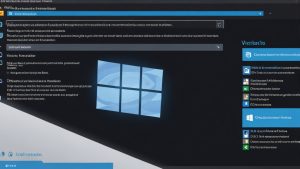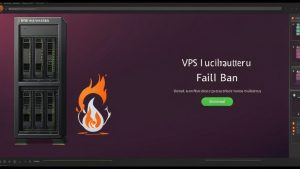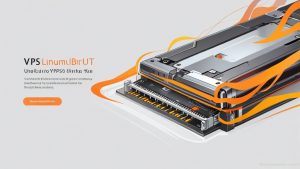«`html
[h3]Docker[/h3]
Docker is one of the most popular tools for managing containers on Linux. It allows you to run applications in isolated environments, making software development, testing, and deployment easier. Docker provides quick creation and launching of containers, as well as a user-friendly interface for managing them.
[h3]Podman[/h3]
Podman is another popular tool for managing containers on Linux. It offers an alternative to Docker, not requiring a daemon to work with containers. Podman supports container composition, image building, and much more. It also ensures container security and isolation.
[h3]Kubernetes[/h3]
Kubernetes is a platform for automating the deployment, scaling, and management of containers on Linux. It provides the ability to manage a cluster of containers, ensuring fault tolerance and application scalability. Kubernetes allows you to develop and run applications in containers on any host.
[h3]OpenShift[/h3]
OpenShift is a platform for deploying and managing containers on Linux, based on Kubernetes. It provides a user-friendly interface for creating and managing applications in containers. OpenShift supports cloud deployment and provides more opportunities for automation and autoscaling.
[h3]LXD[/h3]
LXD is a container management system designed to work on Linux. It provides high performance and security for running applications in containers. LXD allows you to create and manage lightweight virtual machines, providing a high degree of isolation and security.
[h3]Rkt[/h3]
Rkt is a tool for managing containers on Linux, developed by CoreOS. It offers an alternative to Docker, providing security and performance for running applications in containers. Rkt supports image building, container composition, and much more.
[h3]LXC[/h3]
LXC is a tool for managing containers on Linux, which provides lightweight virtualization for running applications in isolated environments. LXC allows you to create and manage containers with minimal resource costs, ensuring high performance and security.
[h3]CRI-O[/h3]
CRI-O is a tool for running and managing containers on Linux, designed specifically for integration with Kubernetes. It provides a minimal set of functionality for working with containers, ensuring high performance and security. CRI-O supports OCI and Docker standards.
[h3]Containerd[/h3]
Containerd is a tool for managing containers on Linux, developed by Docker. It provides a set of APIs for working with containers, providing a user-friendly interface for managing them. Containerd supports running containers in isolated environments and provides capabilities for monitoring and managing containers.
[h3]Sysbox[/h3]
Sysbox is a tool for running applications in containers on Linux with a full system shell. It provides the ability to run applications in containers with full access to system resources, ensuring high performance and isolation. Sysbox allows you to run applications in containers with minimal restrictions.
«`





